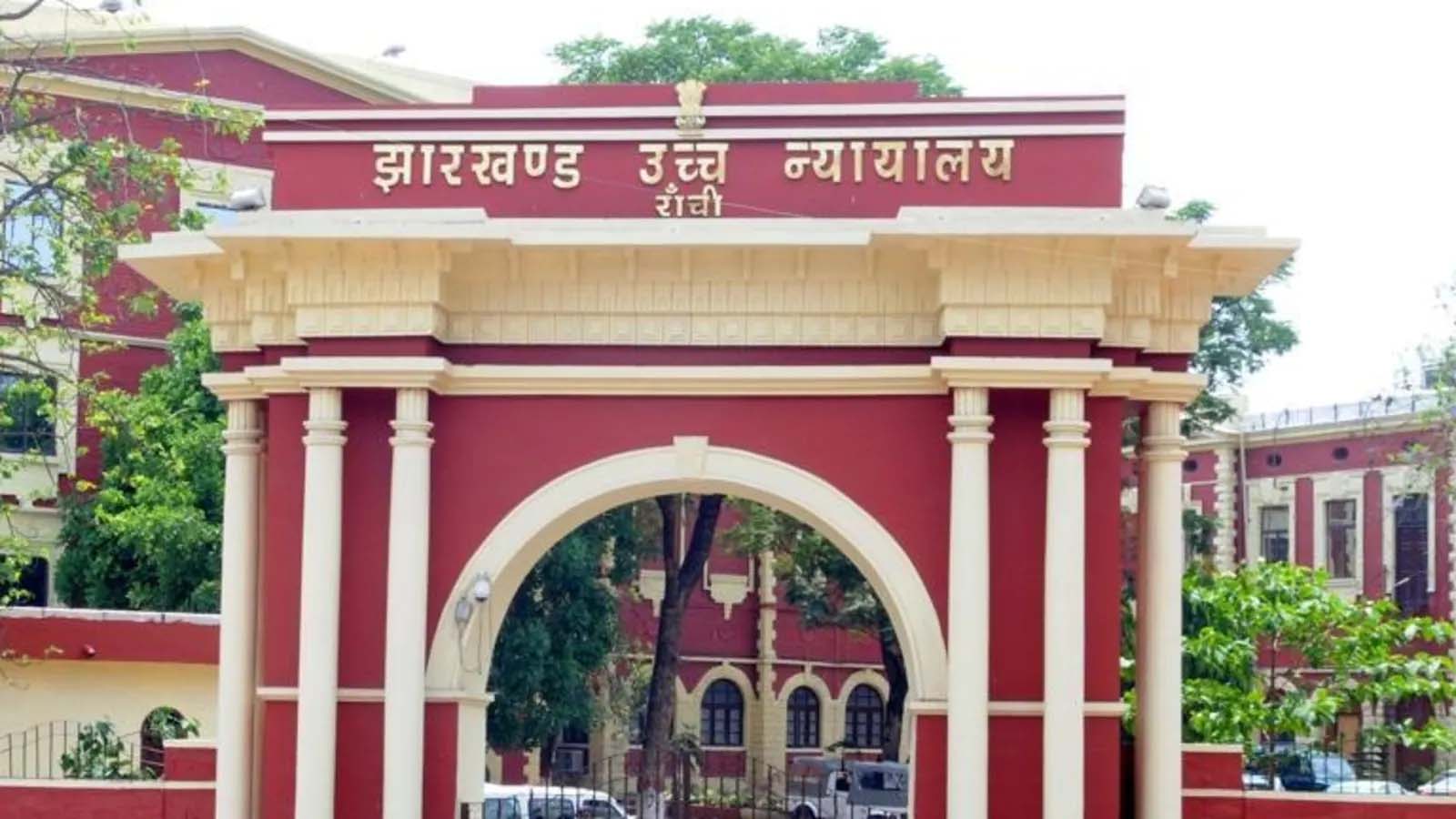On October 3, criminal proceedings against Bharatiya Janata Party (BJP) leader Pratul Shahdeo for allegedly abusing and physically assaulting his former driver were dismissed by the Jharkhand High Court.
The proceedings had been initiated against Shahdeo based on a FIR. Shahdeo had been booked under Sections 341 (wrongful restraint), 342 (wrongful confinement), 323 (voluntary causing hurt), 325 (voluntarily causing grievous hurt), 307 (attempt to murder) of the Indian Penal code (IPC) and 3/4 of the Scheduled Castes and the Scheduled Tribes (Prevention of Atrocities) Act, 1989. It had also been alleged that Shahdeo had forcibly took away the car keys from his driver Mantu Kumar, locked the vehicle, and physically assaulted Kumar, causing injuries.
Facts of the case:
In January, the complainant (driver) started working with Shahdeo. The complainant provided that even small mistakes Shahdeo used to abuse him with caste indicative words. In February, the complainant provided that during one drive, Shahdeo took the car keys and locked the car and in the car abused and assaulted the complainant. The complainant got scared and continuously apologised but Shahdeo kept assaulting him. Due to the impact of the assault, the watch worn by the complainant on his left wrist broke, causing a bleeding injury on Shahdeo’s hand. Shahdeo then wiped his blood on complainant’s clothes and threatened that he would take the complainant to police station and send him to jail.
Arguments raised:
Senior advocate Ajit Kumar, representing Shahdeo, argued that the impugned FIR was filed with malicious intent and that the incident took place inside a car, away from public view, which raised questions on the basis for the registration of the case under SC/ST Act.
On the other hand, Mr. Manoj Kumar, counsel for the State, submitted that since the investigation is going on and the witnesses have supported the case, the court should not interfere at this stage as only F.I.R. is under challenge. The same argument was also raised by the counsel for the complainant.
Decision of the Court:
The bench of Justice Sanjay Kumar Dwivedi held that the material presented in the said case lacked elements essential to prove an offence committed under the SC/ST Act. The bench added there was no averment in the complaint to the effect that Shahdeo did not belong to the caste of the complainant. “The ingredient of SC/ST Act is absent,” the bench held. (Para 13)
It is crucial to note here that one of the controversial requirements for prosecution of offences under SC/ST Act is that the accused must not be a member of the SC/ST community and must be shown to have committed the offence with the knowledge about victim’s caste/ community.
The bench also remarked that the Magistrate sent the matter for investigation and institution of FIR under Section 156(3) of CrPC (Code of Criminal Procedure) without application of judicial mind.
“This is not a separate order for registration of said F.I.R. There is no doubt that the learned courts are overloaded with the court work. There is no harm of passing such order under Section 156(3) of Cr.P.C and that is option available to the learned court. However, in exercising of said power under section 156 (3) of Cr.P.C., judicial mind is required to be applied which is lacking in the case in hand. There is no separate order under section 156(3) Cr.P.C.,” Justice Dwivedi noted while quashing the criminal proceedings against Shahdeo. (Para 13)
The complete order can be read here:
Related:
Caste Census Survey Result: 63% OBCs, 19% SCs and 1.68% STs constitute Bihar’s total population
While Modi plays the OBC card, backward castes & Adivasis remain excluded from Central University
The Whys behind a caste-based census point to an urgent imperative
Another student, belonging to the Scheduled Caste community, dies by suicide in IIT

